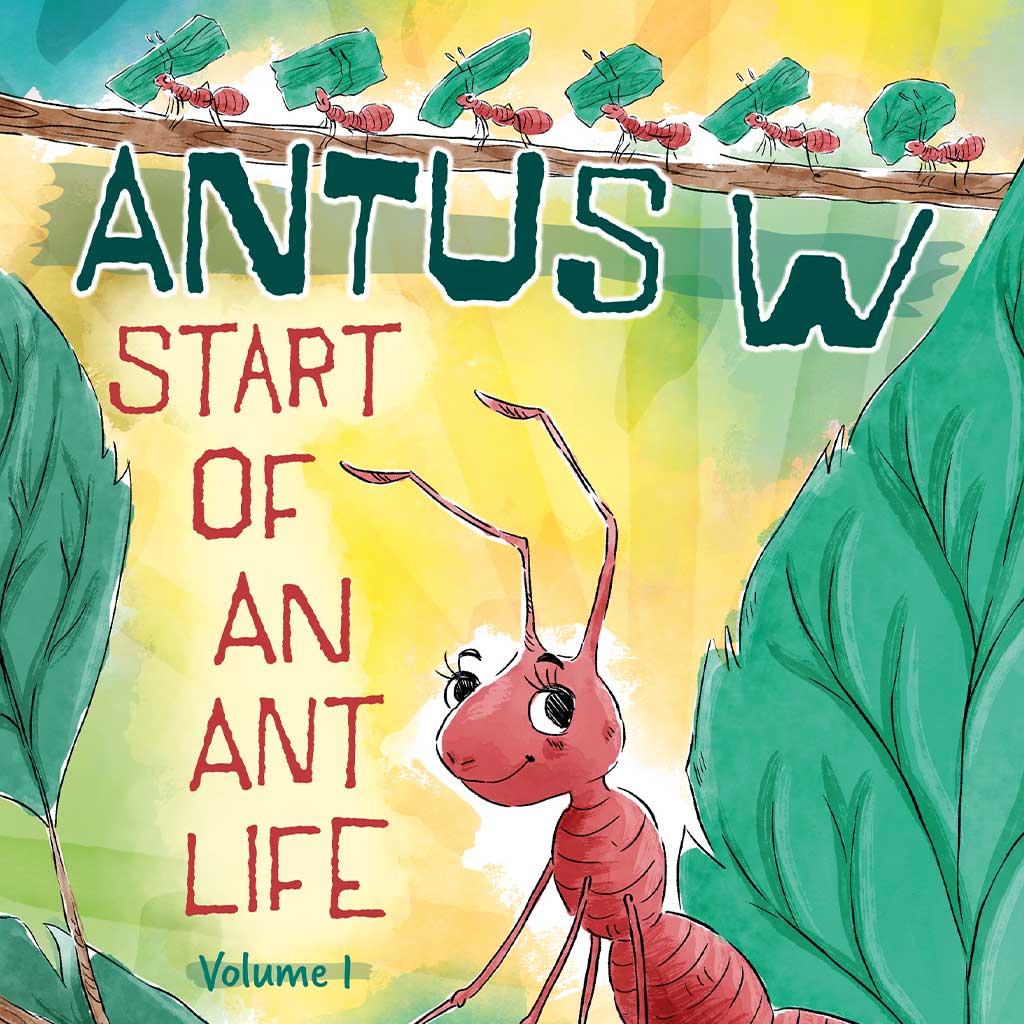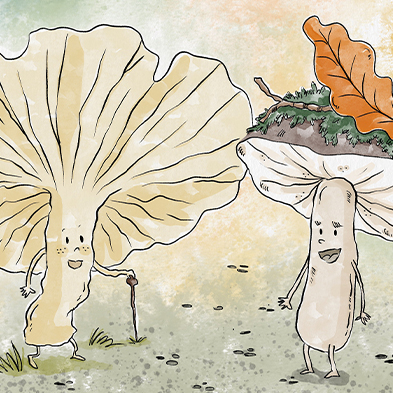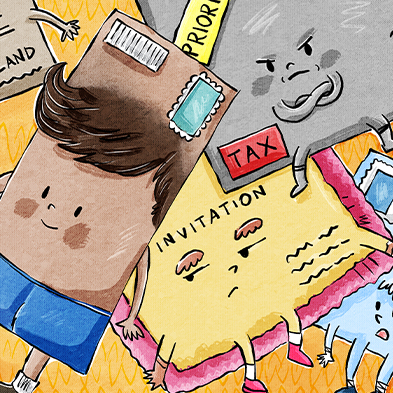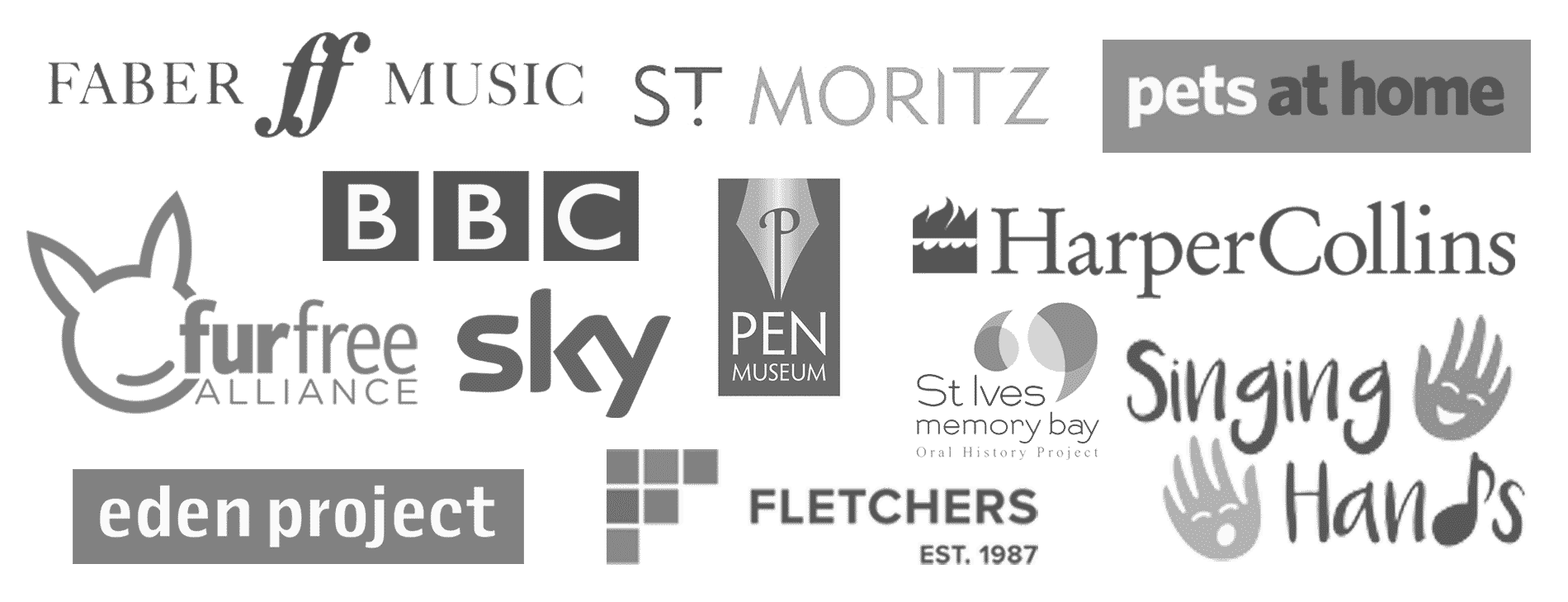As The River Friends is finished off and getting ready for printing, we wanted to look at ways in which we can help the planet over the summer holidays.
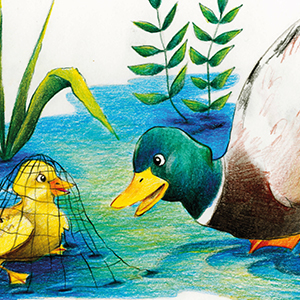
“Suzy Swan and the river friends live on a beautiful river. They all love the river very much, and have such fun playing together each day. Unfortunately, the careless actions of the people visiting the river have polluted it and made it dangerous for the animals who call the river home. The friends create the River Patrol, and everyone wants to help, apart from Ollie the Otter. However, one day Ollie learns that he needs the help of his friends more than he realised.”
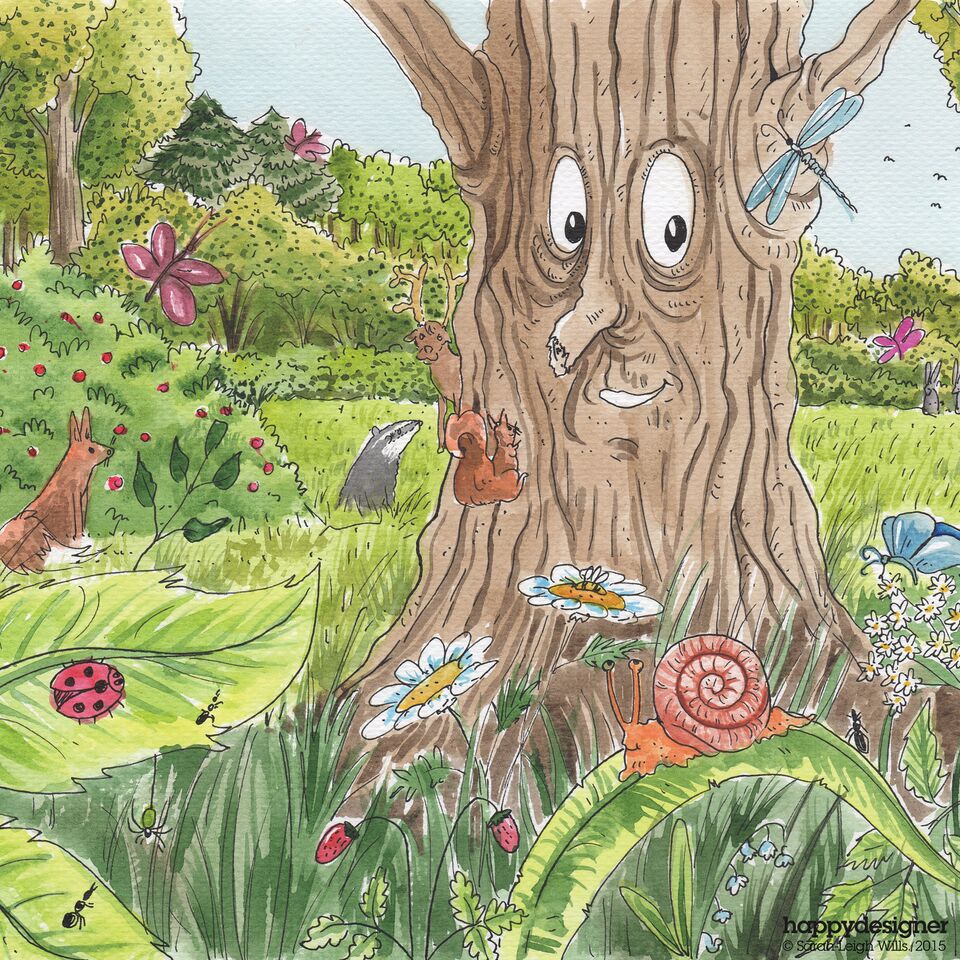
- Pick up your rubbish!
This may seem very obvious, but even with lots of bins around and ways to recycle easily available, people are still throwing rubbish on the ground. This rubbish then contaminates the land, and can get into our water systems. As in The River Friends, our water animals, like otters and swans, can get caught in this rubbish. By taking your rubbish home, or recycling in a bin, we can easily prevent a very dangerous source of pollution.
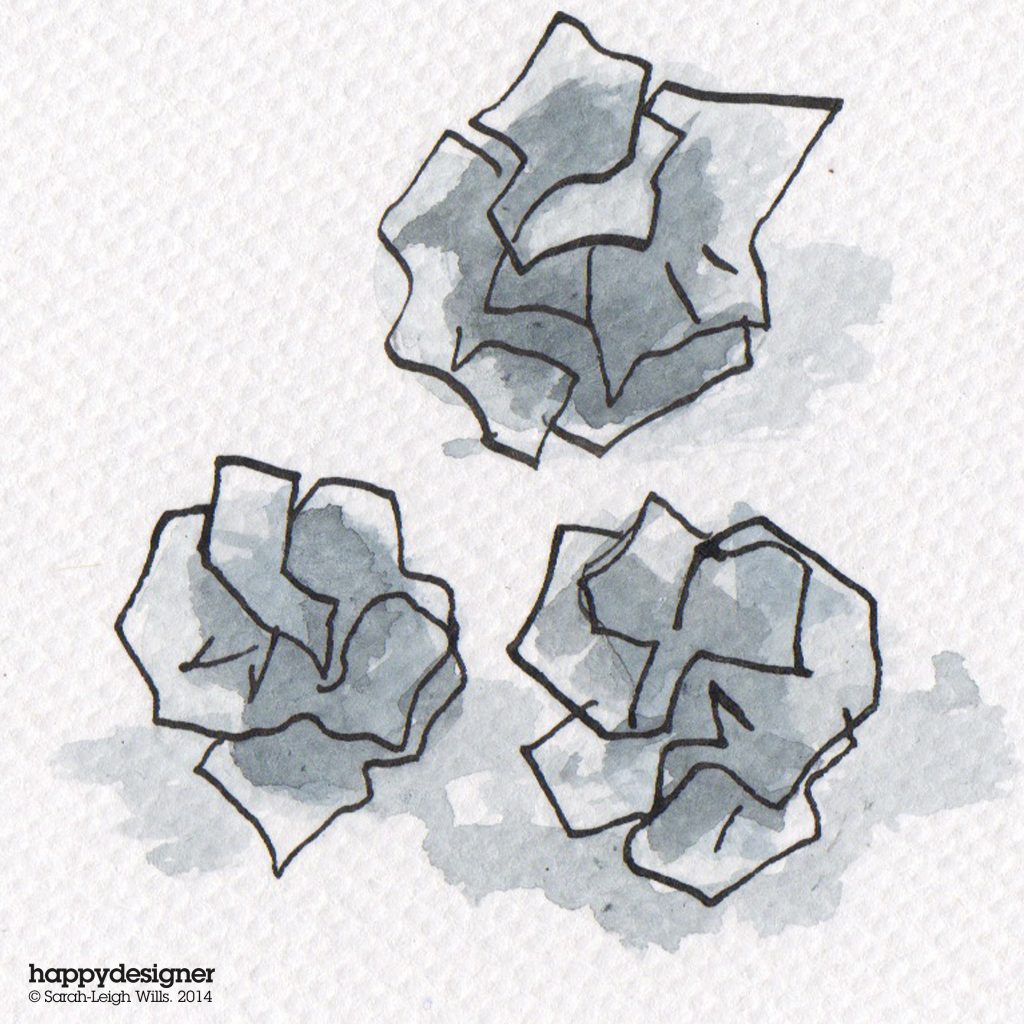
- Save water by not running taps too long
It is so easy to keep tabs on how much water we use, but also super easy to waste it! The more we use, the more pressure is put on water reserves and on our rivers, which means creatures like fish, frogs, otters, newts and herons struggle to survive. Why not place a measuring cup in the sink while your child is brushing their teeth, then show them how much water they have used? Then, the next time they brush their teeth, turn off the water while they brush so that they can compare their water usage. That way you can all see how much water really gets used!
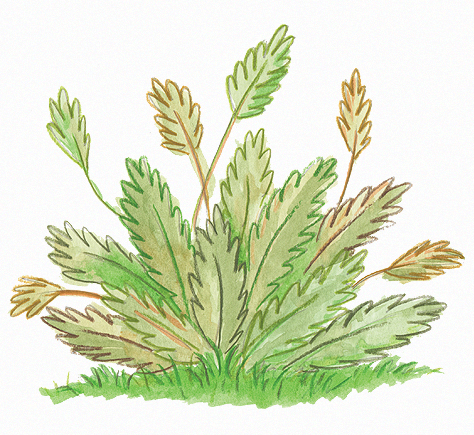
- Recycle!
These days recycling has been made really easy in most places, as councils and local authorities provide bins and bags that we can put all of our containers and packaging in. If you and your family use something that is recyclable, why not play a game and guess which bin it is meant to go in? Perhaps try colour coding the bins and creating a star reward system. If you recycle a “blue” item, you get a blue star. The more stars you get, the higher the reward! Maybe the grand prize can be an unpackaged item, like a bath bomb or fun soap.
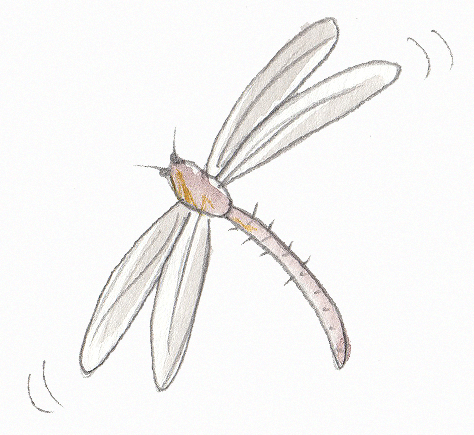
- Reuse
Your family probably have lots of clothes, toys and books they don’t use. Maybe you are into Netflix now and have lots of DVDs you don’t want, or CDs you don’t play. There are lots of things you can do with them, such as take them to the charity shop or donate them to charity. Perhaps you can make some art from the old CDs that gets hung in the house, or you can create new clothes from your old ones. Cut the legs off jeans to make a skirt or shorts and use the leftover material to make doll’s clothes or stuffed toys for your pet! They don’t mind if they are stuffed with rags and made into odd shapes.
- Ask for alternatives
If you are in a cafe and you are offered a plastic straw you could ask for a paper one, or if they want to give you your sandwiches in a plastic bag ask if they have a cardboard box. Better yet, carry your own bamboo coffee cup for takeaway drinks, and bring your own lunch containers and paper bags so that you can put leftovers into something reusable and recyclable.
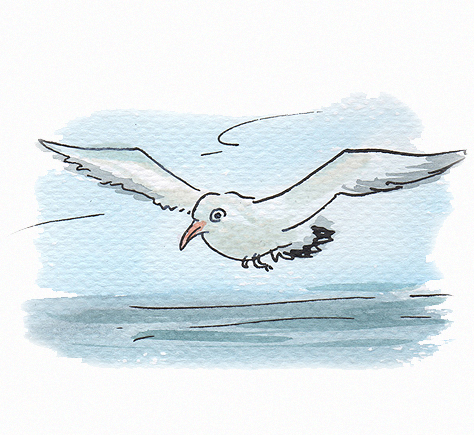
- Take your canvas bags
One of the biggest problems we have had over the years in our waterways has been plastic bags. These are particularly dangerous, as they can get trapped in reeds and twigs and then trap ducks and swans. Once a bird is trapped they will struggle to get out; add the danger of looped handles and you have a deadly pollutant that will not break down. When you go shopping always refuse plastic bags. Try to put fruit and veg into your trolley loose, or take your own paper bags with you at the supermarket. If you are shopping in town, a canvas bag is a really sturdy and eco-friendly plastic alternative, and it folds away to almost nothing.
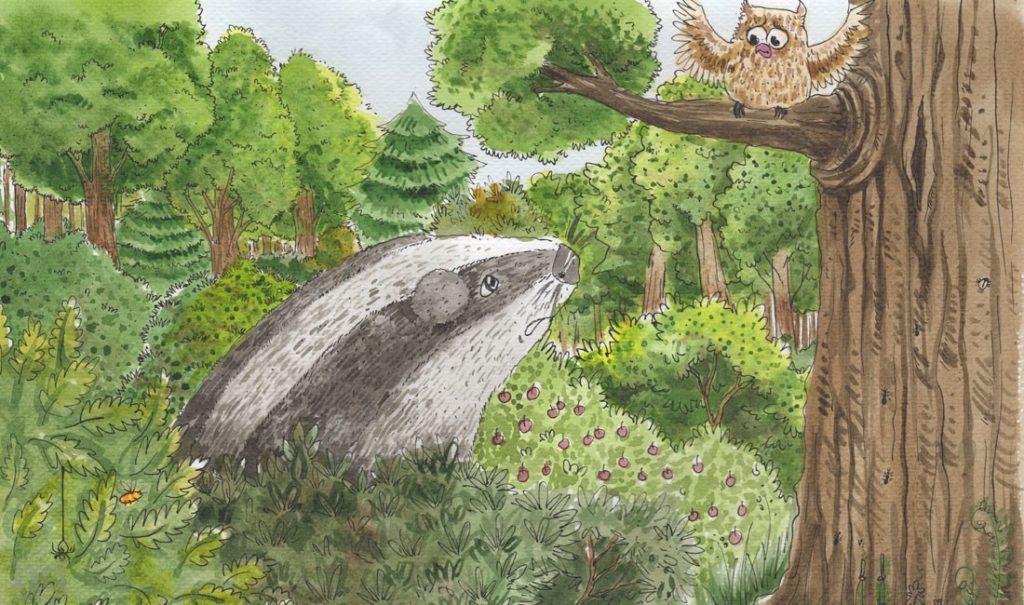
One of the best things we can do it try to use less in the first place. Turn off lights and games consoles, make sure TVs aren’t on standby – all the usual things we have been told many times. We don’t need to buy trainers every season, or new clothes every year. We can make more, buy less and use less very easily. You don’t need to go without to make informed choices every time you buy something, and with more and more recycled, reusable and ethical items available out there, we have lots of choices we can make to help our River Friends.

